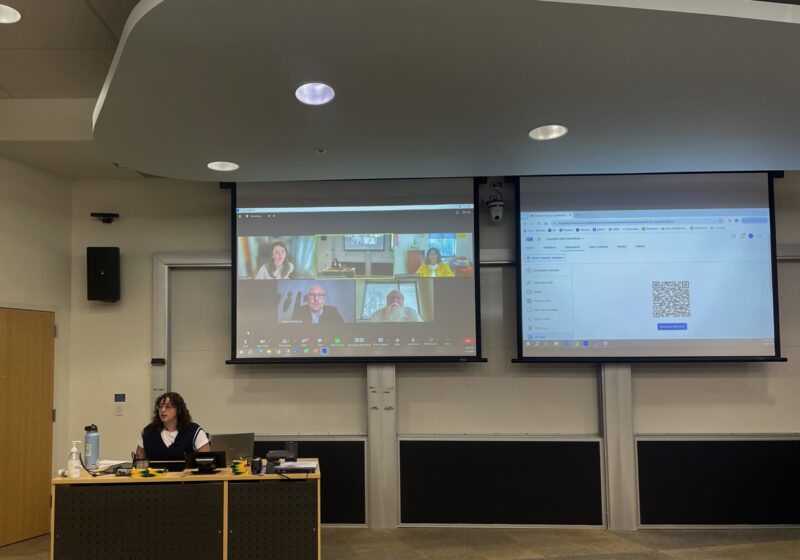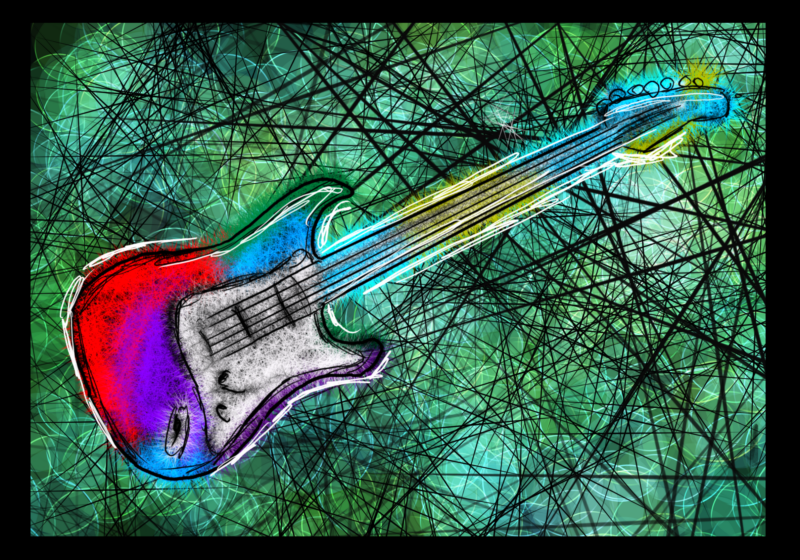“At the stroke of the midnight hour, when the world sleeps, India will awake to life and freedom,” Jawaharlal Nehru, free India’s first Prime Minister, said on Aug. 15, 1947, as the nation rejoiced on the eve of its freedom after 157 years under British rule. India did awaken, only to be greeted by the bloodshed of partition, as thousands of Hindus and Muslims crossed the newly formed border that separated them from their loved ones in a desperate attempt to flee to the “right side,” as a nation was torn apart in two – India and Pakistan.
The nightmare of the Partition is something that I can never imagine, but the consequences – which, as an Indian, I am forced to witness every day of my life – are real. From the issue of Kashmir to the nuclear bomb episodes, from the Kargil war of 1999 to the disappointing peace summits in Agra and Lahore, the two nations have been unable to see eye to eye. In fact, there was a time when the issue of Kashmir threatened to trigger a nuclear war in the Indian subcontinent.
Thankfully, the last year or so has seen a dramatic change, bringing a wave of new hope. If we scrape off the layer of political formalities, what we see underneath are these two beautiful countries yearning to touch the other side.
How can anyone mistake the wonderful welcome the Indian cricket team got when it finally arrived on Pakistan’s soil after 14 long years, despite looming threats of terrorist attacks? What delight it was to hear that our brothers on the other side are now getting visas to visit loved ones on this side of the line.
Finally, we have begun to realize that, rather than letting political reins control the relationship between the two nations, it is we the people, who have to walk forward and make a difference. Bollywood films are now being shot on Pakistani land, while children on either side are coming to visit their neighboring country only to go back with exclamations of “The people there are so nice, they are just like us!” Yes, they are – that’s why the need to break these petty boundaries is now all the more important.
The proposal of the new bus route between Srinagar, the capital of Indian-held Kashmir, and Muzaffarabad, the capital of Pakistan-held Kashmir, is another positive breakthrough that can greatly heal economic and social wounds.
Yes, solving this issue is easier said than done. There’s a long way to go. No breakthrough will occur until and unless both countries have a direct dialogue about the nuclear situation and most importantly Kashmir itself, rather than try elusive tactics. But now, there’s reason to believe that we’re going somewhere, that someday headlines of people dying in Kashmir will cease for ever and that my children need not see their paradise burn.
Krishnan can be reached at skrishnan@campustimes.org.





